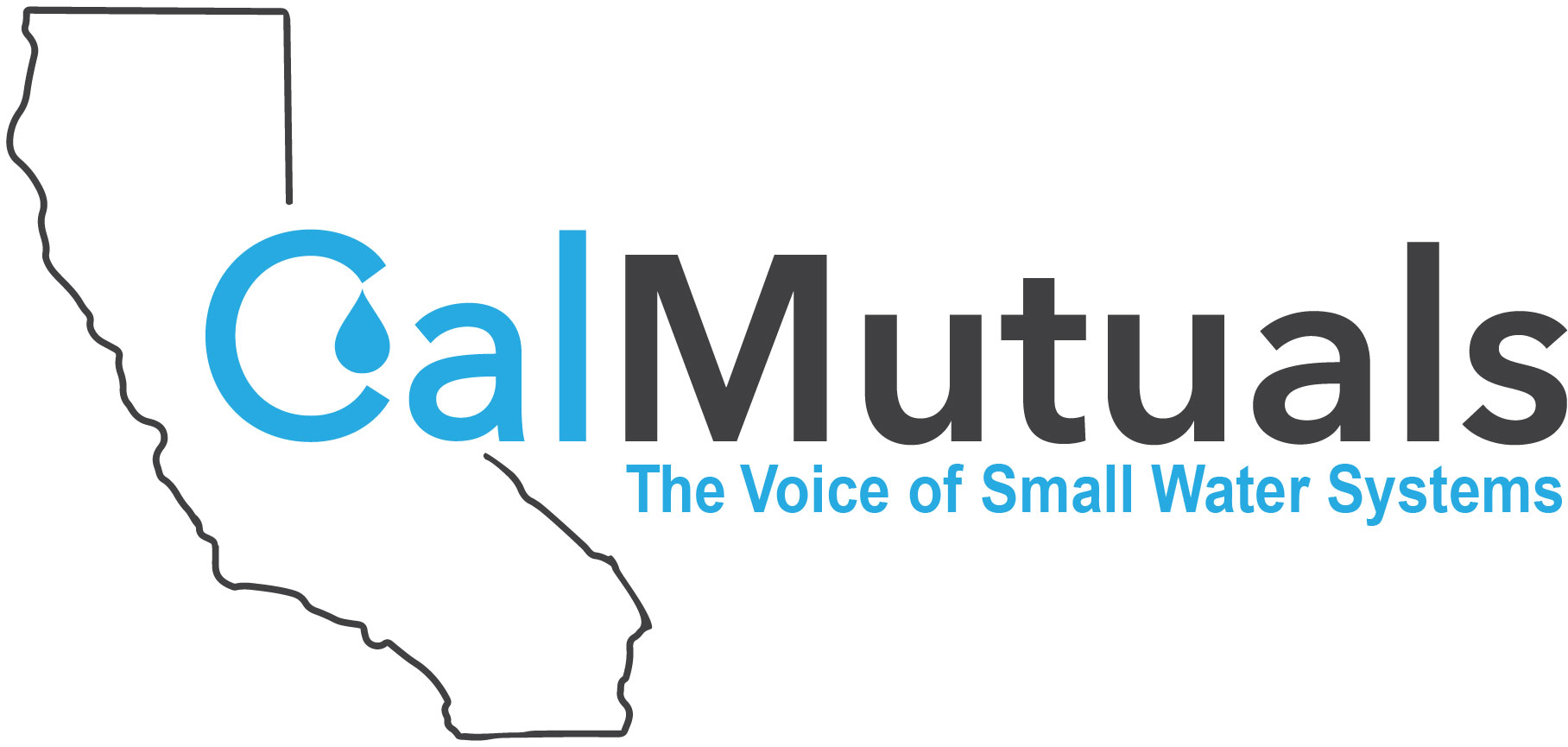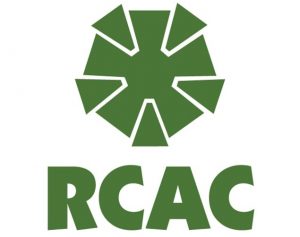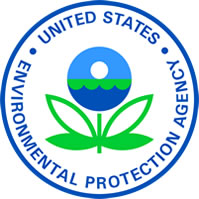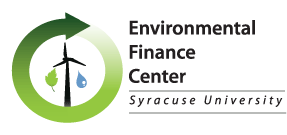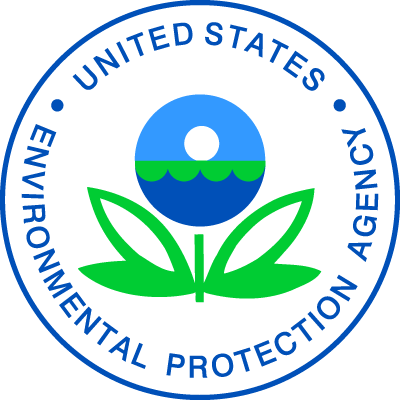Operation Maintenance Series: Financing Your O&M
Alturas, California Area. Exact Location TBD Alturas, CA, United States6 CA Drinking Water Contact Hours awarded. In-person classroom activity to be conducted following all California and Federal Public Health Regulations regarding safe gatherings. Certificates for contact hours are available through your profile. How do I get my certificate? Contact hours have been approved for the Registered Environmental Health Specialist Program. Priority attendance will be given to those from smaller water systems. For registration questions, contact us at: registration@rcac.org• (916) 447-9832 ext. 1429\ For a calendar of RCAC's full lineup of training courses offered, click here!
